When it’s all too much, what do you do?
When we try to manage stress we often do the wrong things. Our habitual reactions often don't help and can end up making things worse. Without knowing another way to respond we may feel like we are helpless.
Bringing compassionate awareness to this process allows us to engage constructively with stress. Over time this helps us to find new ways to navigate the challenges we face.
At some point during the winter lockdown it all got too much for me. I found myself overcome by lethargy and anxiety, struggling to make my way through each day.
And so I turned to the pleasures of food and wine as a remedy.
Whilst this was enjoyable, at a certain point running away from how I was feeling started to bother me. Somehow the pleasure of eating and drinking stopped compensating for those difficult feelings.
Psychologists are brilliant at coming up with formal terms for things we do. If a psychologist took a look at what I was doing they might say “Ah, this is experiential avoidance”.
Have you ever done something to avoid a feeling?
Food or drink may not be your thing but what about T.V? Or social media? Or something else?
Whilst it’s understandable to want to avoid painful experiences, the trouble with this strategy is that it doesn’t work in the long term.
Our psychologist friends will tell us that experiential avoidance predicts anxiety and depression.
In my case in the short term I’m feeling good with a full belly and a merry mind. But down the line lethargy and anxiety are waiting for me to get back. Not to mention the predictable consequences of drinking a little too much a little too often.
Of course we can be judgemental and puritanical about this. We can condemn ourselves as weak willed and morally corrupt. We can try to whip ourselves into shape and pull ourselves up by our bootstraps.
The trouble with this approach is that it’s another way of avoiding ourselves. This time we’re avoiding facing our vulnerability by using familiar stories of how we get things wrong and the comfort of moral certainty.
This is rather painful and like other forms of experiential avoidance isn’t an effective way of bringing about useful change.
What does work is to meet ourselves with unflinching self-awareness and unconditional self-compassion.
This takes courage but in the end proves to be the more effective way of taking care of ourselves. It also allows us to respond with wisdom when we are under pressure and struggling.
If you’re worried that kindness and compassion will make you ineffective and self-indulgent, don’t. Self compassion actually makes people more effective and better at making wise choices.
Crucially this approach is something you can learn with skills you can develop over time.
If this has got you thinking and you’d like to try it out, here is an exercise on meeting yourself with kindness:
